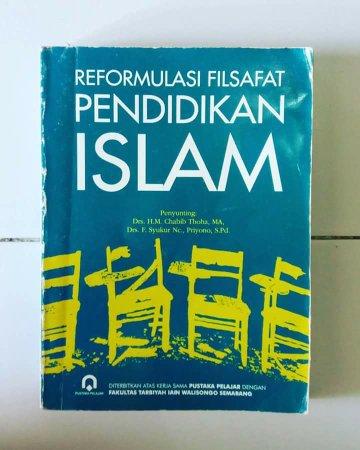Memory, Family, and Identity in Women's Slave Narratives
In Mastering Slavery, Fleischner draws upon a range of disciplines, including psychoanalysis, African-American studies, literary theory, social history, and gender studies, to analyze how the slave narratives--in their engagement with one another and with white women's antislavery fiction--yield a far more amplified and complicated notion of familial dynamics and identity than they have generally been thought to reveal. Her study exposes the impact of the entangled relations among master, mistress, slave adults and slave children on the sense of identity of individual slave narrators. She explores the ways in which our of the social, psychological, biological--and literary--crossings and disruptions slavery engendered, these autobiographers created mixed, dynamic narrative selves.
I mean this to indicate a state of interior consciousness, obviously at odds with
external conditions—a consciousness and conditions that have their tense
encounters in Drumgoold's narrative. Drumgoold wrote in 1897, one year after
the ...










